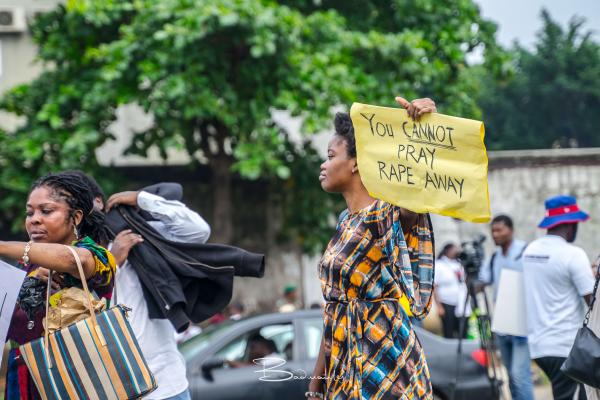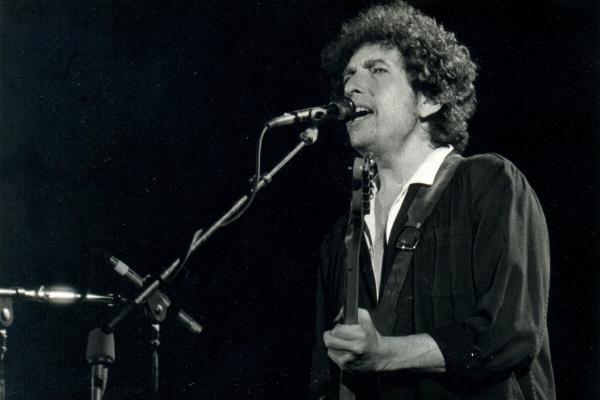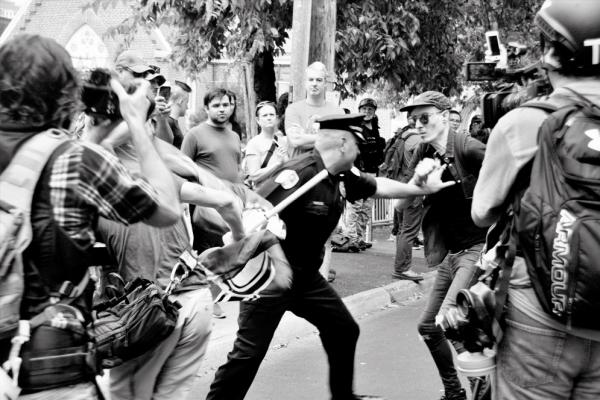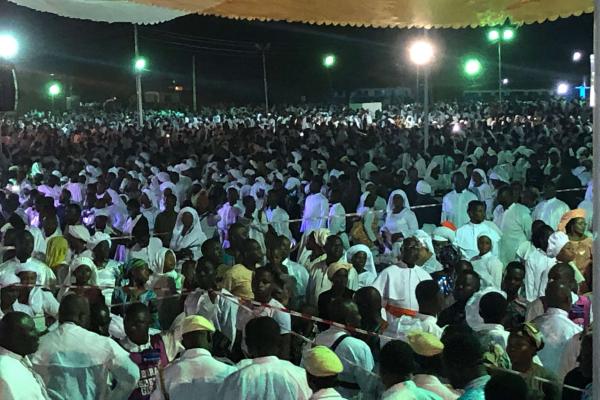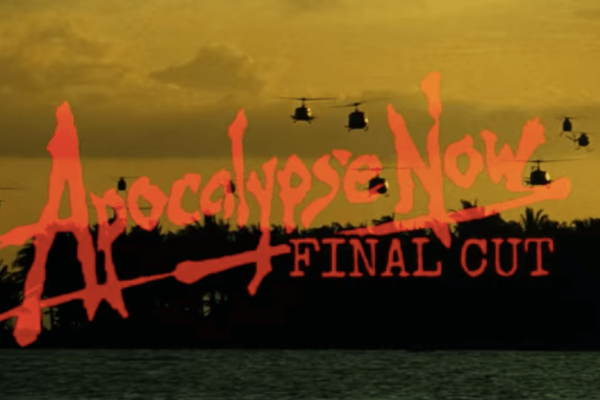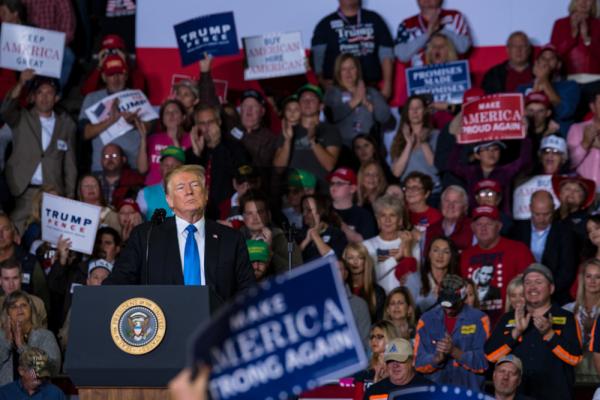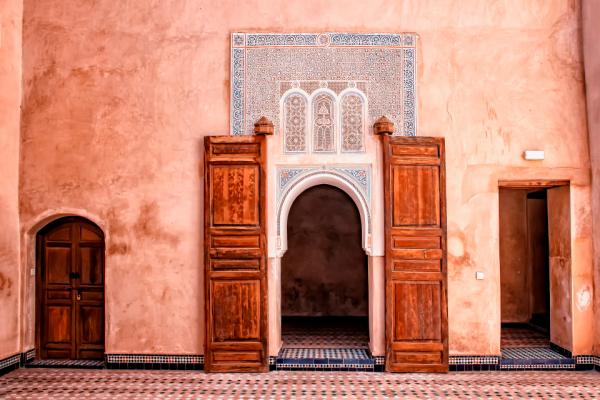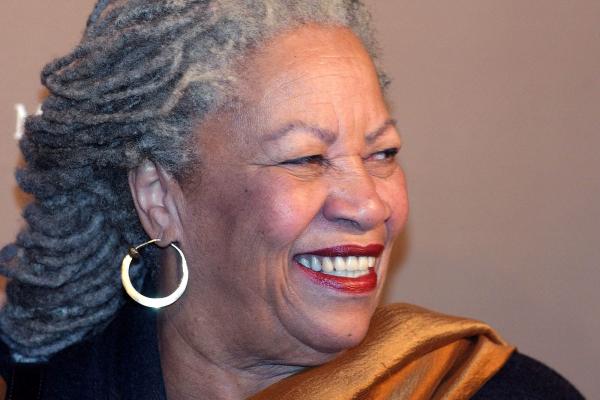Amid drizzle, the protest started featuring young Nigerians, mostly Christians dressed in a uniform white shirt like Monago’s. They spilled across both sides of a major road reducing traffic almost to a snarl. To avoid protesters from gaining entrance into the church, COZA beckoned on the Nigerian police who gated the church entrance, a common strategy mostly deployed by authorities to intimidate protesters in Nigeria. But the protesters, undeterred, defied police on standby, chanting and hoisting placards, some of which read: “Pastor Step down”; “Say no to rape in the church.” Monago’s reads: “By attending COZA you are enabling rape.”
Dylan’s Christianity had less in common with Jesse Jackson’s and had more in common with Jerry Farwell’s. It fit comfortably within the perspectives of a reactionary Christianity that blamed liberalism and the Civil Rights movement for the nation’s religious, moral, and economic decline. The end times were near and the nation needed to prepare for God’s wrath.
Amazon fires split Brazilian Christians, church co-working spaces, reading Ursula Le Guin, and more.
As a result of the political, religious, and moral crises we face today, both the soul of the nation and the integrity of faith are now at stake. This crisis is fundamentally about our chance and our choice of whether those who call themselves Christians are ready to go back to the teachings of Jesus, and whether such a call might be taken up by others beyond the churches. Many of us share a deep hunger for reclaiming Jesus instead of falling into more political polarization — we want theology to trump politics.
The United States has a long history of blaming immigrants for our problems. This misplaced blame fuels the fears of “invasion” and creates a false image of a deadly war between innocent native-born populations and corrupting foreigners. Instead of “welcoming the stranger,” we project our problems on those who are vulnerable. We perpetuate scapegoating instead of investing in the transformation needed to save lives.
One year ago this week, I walked into the Cathedral in Santiago de Compostela, Spain, completing my pilgrimage there. This week I witnessed a different pilgrimage as about 100,000 people made their way to Mount Tabieorar, in Ogere Remo, Nigeria. They clothed themselves with white robes, took off their shoes, danced, sang, and prayed through the night and into the early morning with uninhibited joy. This was the 83rd time the Tabieorar celebration has gathered in this holy space.
According to the website FiveThirtyEight, more than half (54 percent) of older white evangelical Christians see immigrants as a burden on American society. But 66 percent of young white evangelical Christians (age 18-34) say that the U.S. is strengthened by immigrants. Only 32 percent of older white evangelical seniors (age 65+) agree.
Many conservative Christians consider faith groups through one lens: what they lack. This doesn’t serve our efforts to be good neighbors, however. We also must remember that people of other faiths are image bearers of the same God, and because God hasn’t left himself without witness in the world (Rom. 1:20), they are equipped and capable of showing loving-kindness. And here’s the profound and provocative challenge today — because Jesus is present in their stories, it’s about time the church got to know these stories and learned how to be a part of them too.
Toni Morrison understood that belief and faith are substantial to the sustaining force of black folks navigating both slavery and post-slavery traumas.
